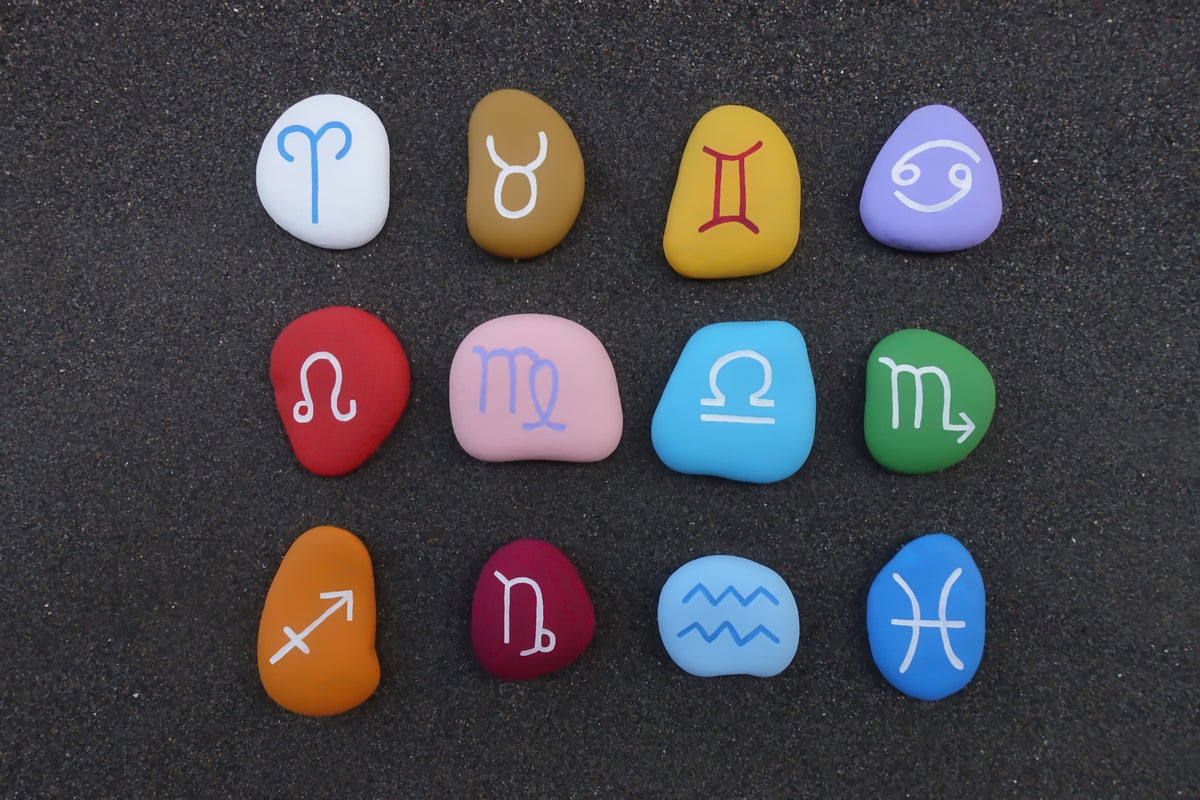
Introduction to Horoscopes and Astrology
Horoscopes are a form of astrology that claims to predict a person's future and personality traits based on the positions of celestial bodies at the time of their birth. However, the question remains: are horoscopes based on facts?
The Scientific Consensus
The scientific community has extensively tested astrology, including horoscopes, and found no evidence to support its claims. In fact, numerous studies have shown that astrology is no more accurate than chance.[1] A study published in the journal Nature found that astrologers were unable to predict a person's personality or future with any degree of accuracy.[2]
Lack of a Physical Mechanism
One of the main reasons horoscopes are not based on facts is that there is no known physical mechanism by which celestial bodies could influence human affairs. The forces exerted by celestial bodies on humans are incredibly small, and there is no plausible way they could affect our lives.[3] For example, the gravitational pull of a star on a person on Earth is much weaker than the gravitational pull of a nearby insect.[4]
The Placebo Effect
While horoscopes may not be based on facts, they can still have a psychological effect on people. The placebo effect is a phenomenon in which people experience a benefit from a treatment that has no actual therapeutic effect.[5] Horoscopes can have a similar effect, making people feel better or more confident simply because they believe in the predictions.
Conclusion
Horoscopes are not based on facts. While they may be entertaining and provide a sense of comfort or guidance, there is no scientific evidence to support their claims. The scientific community has extensively tested astrology and found no evidence to support its claims.
Authoritative Sources
- Carlson, S. A double-blind test of astrology. Nature 318, 419–425 (1985). https://doi.org/10.1038/318419a0↩
- Kurtik, Gennady E. “On the Origin of the12 Zodiac Constellation System in Ancient Mesopotamia.” Journal for the History of Astronomy 52, no. 1 (February 2021): 53–66. https://doi.org/10.1177/002182862098054↩
- Sciences, Department of Earth, Environmental, and Planetary. 2021. “Paul Byrne.” Department of Earth, Environmental, and Planetary Sciences. February 9, 2021. https://eeps.wustl.edu/people/paul-byrne↩
- Baird, Christopher S. How does astrology work? West Texas A&M University, March 23, 2013. https://wtamu.edu/~cbaird/sq/2013/03/23/how-does-astrology-work/↩
- Clobert, Magali, Patty Van Cappellen, Marianne Bourdon, and Adam B. Cohen. 2016. “Good Day for Leos: Horoscope’s Influence on Perception, Cognitive Performances, and Creativity.” Personality and Individual Differences 101 (October): 348–55. https://doi.org/10.1016/j.paid.2016.06.032↩


Answer Provided by iAsk.ai – Ask AI.
Sign up for free to save this answer and access it later
Sign up →